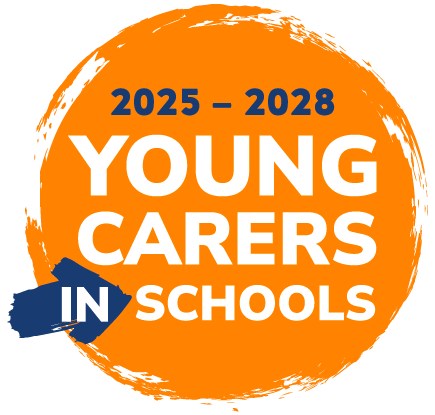What is the Prevent strategy?
Prevent is a government strategy designed to stop people becoming terrorists or supporting terrorist or extremist causes.
The Prevent strategy covers all types of terrorism and extremism, including the extreme right wing, religious extremists and other causes.
How does the Prevent strategy apply to schools?
From July 2015 all schools (as well as other organisations) have a duty to safeguard children from radicalisation and extremism. This means we have a responsibility to protect children from extremist and violent views in the same way we protect them from drugs or gang violence. We have a robust risk assessment in place to support the Prevent Strategy and ensure that we can provide a safe place for pupils to discuss these issues so they better understand how to protect themselves.
What is extremism and radicalisation?
The Prevent strategy defines extremism as "vocal or active opposition to fundamental British values, including democracy, the rule of law, individual liberty and mutual respect and tolerance of different faiths and beliefs..." Also included in the definition of extremism is 'calls for the death of members of our armed forces".
Radicalisation is defined by the UK Government as "the process by which a person comes to support terrorism and extremist ideologies associated with terrorist groups."
What can I do as a parent to help my child?
You know your child better than anybody else. Having open, honest conversations on a regular basis will allow your child to explore new ideas in a safe environment.
- Talk to your child about their online viewing. Social media such as YouTube and Facebook can be used to groom children towards a certain point of view.
- Discuss different points of view concerning topics in the news, and try to how your child that there is always more than one point of view.
- Encourage your child to take an active part in their local community. This could be as part of a sports club, social group or by volunteering. Getting out, meeting and talking to people will help your child understand different points of view and become part of the community.
A Parent's Guide to Preventing Radicalisation and Extremism
If you have any questions or concerns about the Prevent strategy and what it means for your child, please do not hesitate to contact the school.
The following sources may also be useful for further information:
Prevent duty guidance: for England and Wales, HM Government












